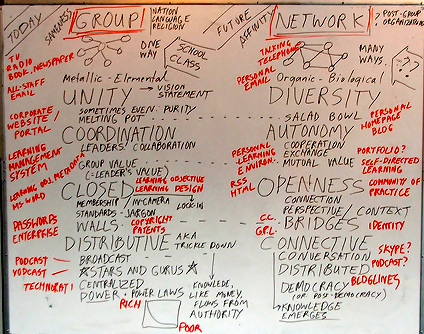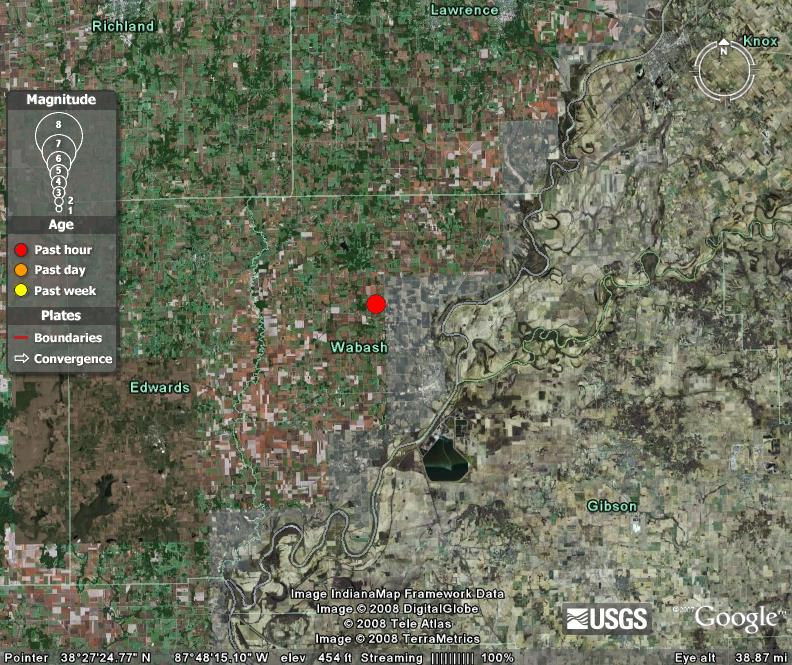 Waiting....
Waiting....Patience...
Silence...
Had a great devotion from a faculty member this morning on the three words above. Unfortunately, I tuned out the rest of the devotion and let my mind wander. As soon as they were introduced, I couldn't wait to get back to a computer and start blogging about them!
My mind was awash with how important it is to teach my daughters Rachel and Sarah those important virtues. Christmas is an especially great time to ponder these ideas because it is at Christmas that that we either find our selves practicing them (waiting/patience) or we find that there are not enough moments to enjoy them (silence).
Recently I've been getting annoyed with the "little things": Having to wait for a page to load, waiting for a video or mp3 to render, being patient in the line at the craft store waiting to buy stencils so Rachel can make her teacher's Christmas gifts.
Dare I ask: Is this a product of our digital society (I know it's just the "poor miserable sinner" portion of me acting up, but could it be exacerbated?)? It almost sounds like blasphemy coming from a school technology coordinator, but it may be time to consider ALL of the potential outcomes that our digital age is producing, positive and negative.
Amidst the awesome connections and powerful new tools of our digitally "revolutionized" world, there may be some unseen issues we need to address and be prepared to deal with. I'm not talking about students posting a "bone-headed" video on YouTube, which will always be the case, but rather the subtle changes which we are only now starting to recognize in brain development and interpersonal traits...or the lack there of (Check out iBrain by Dr. Garry Small).
Our natural times to learn and practice these skills are starting to decline with the increase of technology tools. For example:
- If I can get any information I want within a matter of minutes, or is some cases seconds, how will I learn patience?
- If I can send grandma an email instead of a "snail-mail" letter to see how she is doing, how will I learn to wait?
- If I spend all of my time watching videos (even the good stuff on YouTube), or listening to MP3s, or anticipating the "ding" on Twitter or an email, how will I learn the beauty of silence?
As teachers, do we think about the importance of teaching or modeling waiting, when our students can get what they want, when they want it? As teachers are we purposefully including elements of delayed gratification into our projects, assignments, or rewards? Are there times when we lead students into moments of silence to clear their minds of noise...maybe that's why prayer is so hard for our kids? What happens when I pray and God tells me to wait, to be patient, to slow down and listen?
- Psalm 37:7
Be still before the LORD and wait patiently for him; do not fret when men succeed in their ways, when they carry out their wicked schemes. - Psalm 46:10
"Be still, and know that I am God; I will be exalted among the nations, I will be exalted in the earth." - Isaiah 64:4
Since ancient times no one has heard, no ear has perceived, no eye has seen any God besides you, who acts on behalf of those who wait for him."
I guess that is what I'm trying to think through. How am I going to teach my four & two year old daughters to be patient, to wait, and be silent in a digital world that doesn't honor those values? How will I teach my students to be patient, to wait, and understand the beauty of silence in a world that draws them to the apathy of those virtues?
The tools we have at our teaching disposal have never been more numerous and more effective, but how do we push our kids ahead to a greater understanding of the life God has for them to live. It is up to us to help them make distinctions between times of loud and times of soft, when do I need it now and when can it wait till later.
- Ecclesiastes 3:1
"There is a time for everything, and a season for every activity under heaven:"
Photo by vikto.loveandpeace:"Silent light in Silent Night" (Creative Commons Licensed:Attribution, Non-Commercial, Share-Alike)

![Reblog this post [with Zemanta]](http://img.zemanta.com/reblog_e.png?x-id=d457239d-add7-4c87-8f60-f9d89a167790)


![Reblog this post [with Zemanta]](http://img.zemanta.com/reblog_e.png?x-id=7a5dc09f-e342-4563-95a2-d19572ecb127)
 full updated before Sunday. Feel free to add anything that you'd like! Will definitely add more of the spiritual components this week.
full updated before Sunday. Feel free to add anything that you'd like! Will definitely add more of the spiritual components this week.











